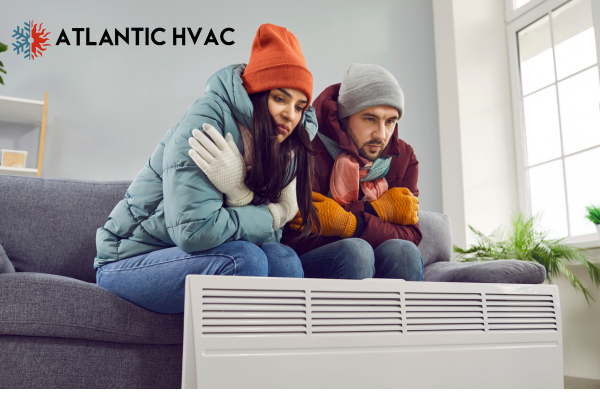HVAC Challenges: Understanding Common Winter HVAC Issues
As winter temperatures drop, your HVAC system works overtime to keep your home warm and cozy. However, colder weather can bring its share of HVAC challenges. Understanding common winter HVAC issues and knowing how to prevent them can save you from discomfort and costly repairs.
1. Uneven Heating
Many homeowners experience uneven heating during the winter, with some rooms feeling much colder than others. This issue often stems from blocked vents, a malfunctioning thermostat, or poor insulation.
Prevention Tip: Ensure vents are free from obstructions, regularly check and replace air filters, and consider sealing any drafts in your home.
2. Frozen Pipes
Frozen pipes in your HVAC system can restrict water flow, leading to significant damage if left unaddressed. Outdoor heat pump units are particularly vulnerable to freezing temperatures.
Prevention Tip: Keep your HVAC system properly maintained, and during extreme cold spells, allow the system to run continuously to prevent freezing.
3. Dirty or Clogged Filters
Clogged filters restrict airflow, forcing your system to work harder and decreasing its efficiency. This can lead to higher energy bills and put strain on your unit.
Prevention Tip: Replace filters every 1-3 months, especially during the winter when the system is running more frequently.
4. Ignition Problems
If your furnace won’t turn on or struggles to ignite, it could be due to a dirty burner, faulty pilot light, or worn-out ignition components.
Prevention Tip: Schedule regular maintenance to ensure your furnace’s ignition system is clean and functional.
5. Frequent Cycling
If your HVAC system cycles on and off frequently, it may indicate a problem with the thermostat, airflow, or an oversized system.
Prevention Tip: Check thermostat settings and replace the batteries if needed. Have a professional HVAC expert inspect your system to ensure it’s running efficiently.
6. Heat Pump Malfunctions
Heat pumps can struggle in freezing temperatures, particularly if they are iced over. This can hinder their ability to transfer heat effectively. For geothermal heat pumps, the ideal working temperature range is between 40°F and 75°F (4°C and 24°C). When temperatures drop below 40°F, the heat pump may have difficulty moving Freon properly, which can reduce its efficiency and ability to maintain warmth.
Prevention Tip: Regularly inspect the outdoor unit for ice buildup and clear any debris. If the system isn’t heating efficiently in colder weather, consider using a supplemental heating source, like a furnace, and have a skilled HVAC technician inspect the Freon levels and system performance.
Stay Warm This Winter with Atlantic HVAC
Don’t let HVAC issues disrupt your comfort this winter! The experts at Atlantic HVAC are here to keep your home warm and your system running smoothly. Whether you need routine maintenance, emergency repairs, or advice on upgrading your system, we’ve got you covered.
Contact Atlantic HVAC today to schedule your winter HVAC tune-up and ensure your system is ready for the season.

